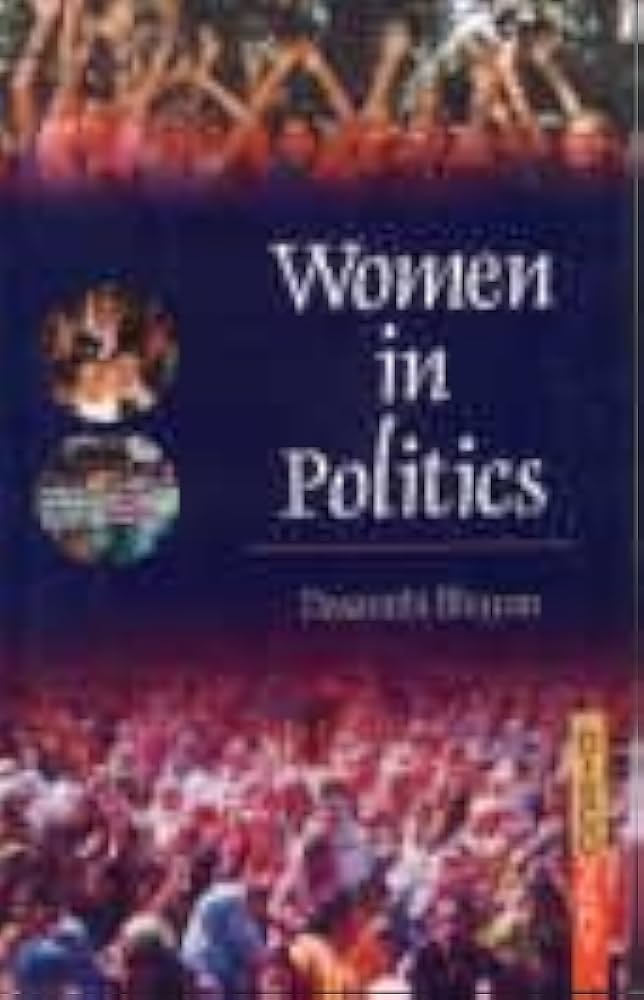
You May Also Like
DED. I.D.D 2ND YEAR BOOK SET (6 BOOKS)
- ByNanhi Shop
- May 30, 2024
Preface Persons with disabilities are an integral part of our society. Their rights, entitlements and opportunities, as well…
Religious Movement in Medieval India
- ByNanhi Shop
- April 25, 2024
Introduction Origins and Historiography of the Movement Background of the Movement-material basis Bhakti Movement in Southern Regions Bhakti…
Essay on the Origin of the South Indian Temple
- ByNanhi Shop
- April 18, 2024
The author has delved deep into the thesis for a Doctorate in Philosophy must, according to the regulations…
History and Contribution of the Zamindars in Visakhapatnam Region Ad 1611-1949
- ByNanhi Shop
- April 16, 2025
History and Contribution of the Zamindars in Visakhapatnam Region AD 1611-1949 Anjani Kumari The present study aims at…
Introduction To The Devout Life
- ByNanhi Shop
- January 9, 2025
The Book has remained a unique and relevant treasure of devotion for nearly four hundred years. The author…
A Comparative Study of E.M. Forster’s Maurice
- ByNanhi Shop
- September 5, 2024
Maurice, a central text within the gay literary canon, is by far one of the bravest creative works…
